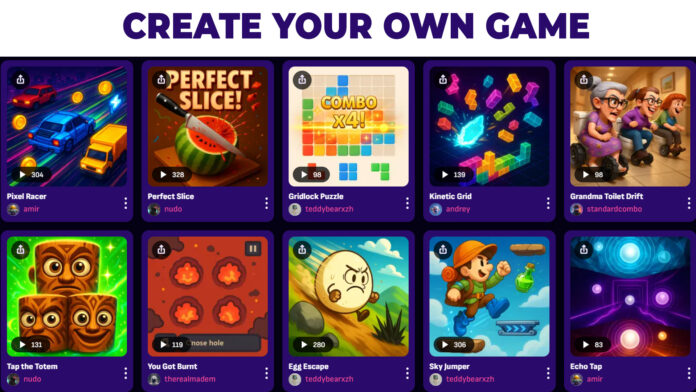It doesn’t begin with “Astrocade is an app.” It opens like a tiny universe folding into your palm: games of fate, maps of mood, and playful stars that wink when you tap. Astrocade feels like curiosity given an interface, inviting users to explore rather than passively consume.
What Astrocade Brings to the Table
Astrocade blends playful interfaces with subtle depth. It’s not simply horoscope-metering or casual gaming; it stitches personality prompts, visual charts, and short interactive experiences into a single flow. Users sense discovery at every screen, not long lists of options, but little experiments that reveal style and preference.
A Design That Learns Without Lectures
Good design listens. Astrocade tracks choices and gently tailors suggestions without jargon or moralizing. Colors shift, modal cards adapt, and the app remembers tiny quirks. The interface feels personal because it respects context—time of day, prior interactions, and subtle in-app gestures that hint at what someone truly enjoys.
Playful Rituals Replace Routines
Instead of endless menus, Astrocade encourages short rituals: a three-tap check, a tiny daily challenge, or a one-minute reflection. These microhabits form a gentle rhythm. Over time, ritual turns into routine, and routine becomes a small scaffolding for self-awareness wrapped in delight.
Data With Heart, Not Hype
Astrocade gathers interaction data, but the emphasis is interpretive rather than intrusive. It translates patterns into friendly, jargon-free insights. No raw analytics dumped on the user—just thoughtful prompts and responses framed to feel conversational instead of clinical.
Social Without the Noise
Connections in Astrocade are curated. Instead of broad follows or endless feeds, it offers meaningful share moments—an insight card, a short challenge, a mood snapshot. Sharing feels intentional, removing performative pressure and preserving the cosy, workshop-like atmosphere the app cultivates.
A Toolkit for Creative Play
Beyond readings and charts, Astrocade offers playful creative tools—short prompts for journaling, image collages built around mood, and quick collaborative puzzles. These tools push users from passive consumption into small acts of creation that are satisfying and safe.
Accessibility That Actually Works
Astrocade doesn’t bury accessibility in a settings page. It surfaces large buttons, readable fonts, and voice prompts as default choices. The app’s accessibility is designed to feel like a feature rather than an afterthought, widening the audience without diluting the core experience.
Responsible Personalization
Personalization in Astrocade is optional and transparent. Users control what the app remembers and why. If someone wants a purely anonymous play session, the app respects that. If they prefer tailored prompts, the app explains the tradeoffs simply and clearly.
Offline Play for Unstable Networks
Astrocade anticipates patchy connectivity. Many of its micro-experiences work offline and sync later, so the app behaves like a small companion rather than an internet-only service. This design choice keeps the experience reliable and reduces friction.
Monetization That Doesn’t Hurt Play
Astrocade explores ethical revenue: optional premium toolkits, cosmetic packs, and one-time micro-purchases that enhance but never gate essential features. The model avoids predatory loops, preserving the playful integrity while supporting sustainable development.
Download App
The Developer Ethos Behind Astrocade
The team builds with curiosity and respect—lean iterations, listening to diverse users, and shipping small features often. They prize clarity: clear permission prompts, minimal friction, and continual refinement guided by real-world use rather than vanity metrics.





